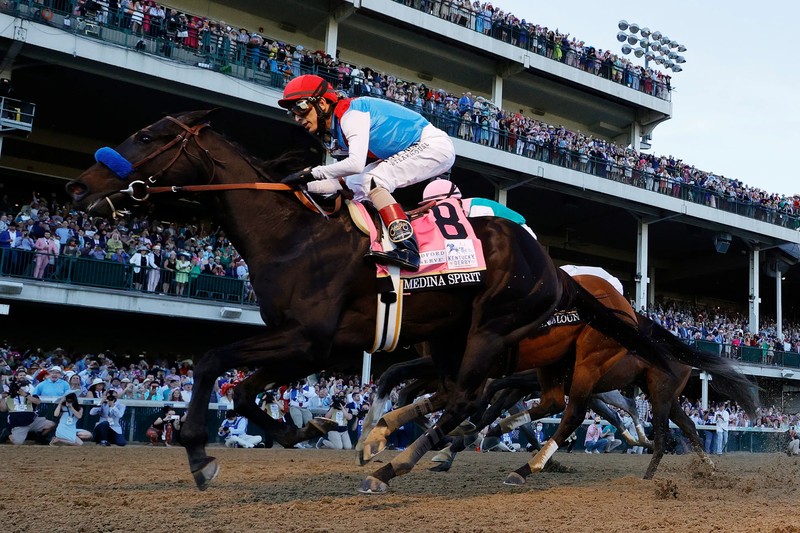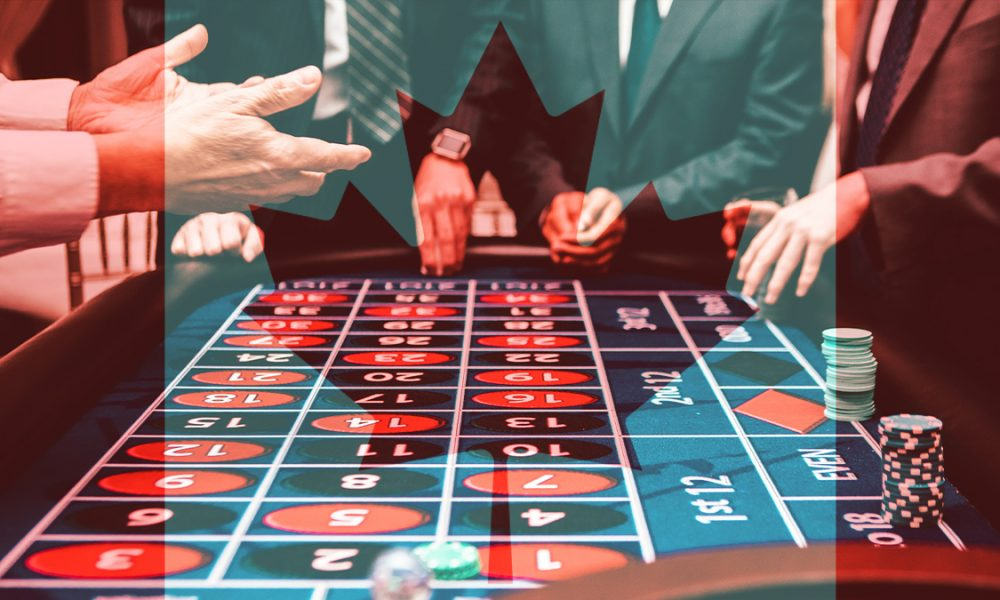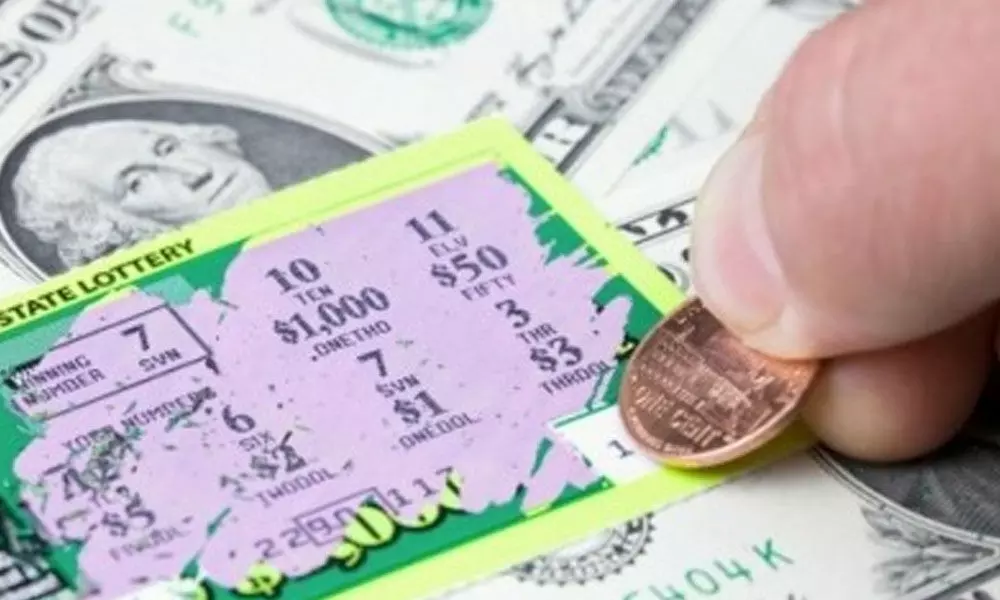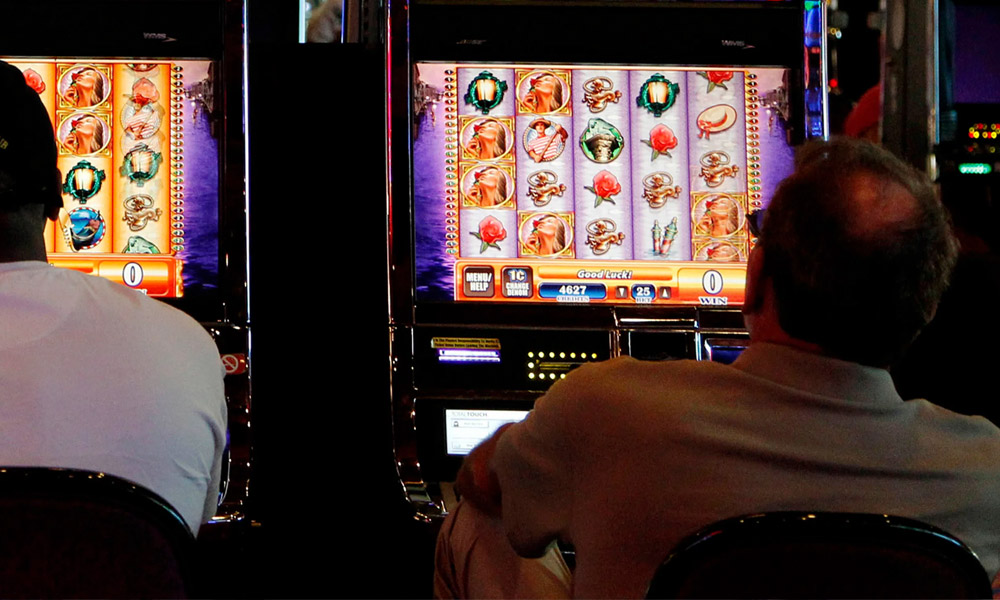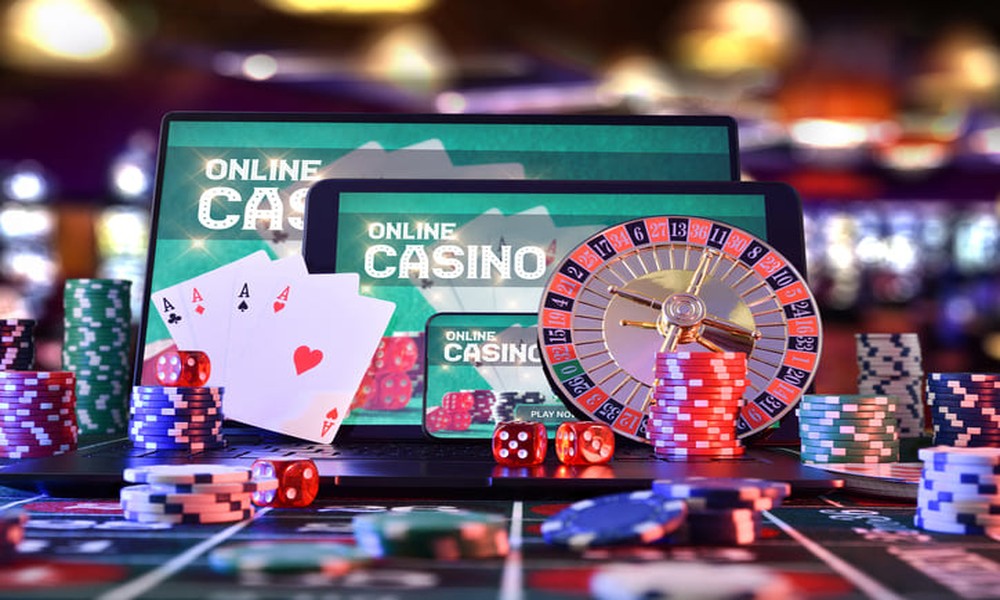Horse racing is a sport steeped in tradition and excitement, offering a unique thrill for both casual spectators and seasoned bettors. However, to truly maximize your betting potential, it’s crucial to understand how to interpret horse racing betting odds. These odds are more than just numbers—they’re a reflection of a horse’s chances of winning and a key to making smarter, more informed bets. In this guide, we’ll explore how to read and interpret horse racing betting odds so you can make better betting decisions.
Understanding the Basics of Horse Racing Odds
At their core, odds represent the likelihood of a particular outcome, such as a specific horse winning a race. They also indicate how much money you could win if you place a successful bet. The two most common formats for horse racing odds are fractional odds and decimal odds.
- Fractional Odds:Widely used in the UK and Ireland, fractional odds are expressed as two numbers separated by a slash, such as 5/1 or 7/2. The first number represents the profit you’ll make on a successful bet, and the second number represents the stake. For example, at odds of 5/1, you would win £5 for every £1 you bet, plus your original stake.
- Decimal Odds:Common in Europe, Australia, and Canada, decimal odds are displayed as a single number, such as 6.00 or 3.50. This number represents the total amount you’ll receive for a winning bet, including your stake. For example, with decimal odds of 6.00, a £1 bet would return £6 (£5 profit plus your £1 stake).
Understanding these odds formats is the first step in interpreting what the odds are telling you about a horse’s chances in a race.
The Relationship Between Odds and Probability
Odds are a reflection of a horse’s implied probability of winning. The lower the odds, the higher the likelihood of that horse winning, according to the bookmaker. Conversely, higher odds suggest a lower probability of winning but offer greater rewards if the horse does win.
- Short Odds:When a horse has short odds, like 2/1 or 3/2, it’s considered a favourite. These odds indicate that the horse has a relatively high chance of winning, but the payout will be smaller because of the higher probability.
- Long Odds:Horses with long odds, such as 20/1 or 50/1, are seen as underdogs. The bookmaker believes these horses have a slim chance of winning, which is why the potential payout is much larger.
To calculate the implied probability from fractional odds, use this formula:
Implied Probability = (Denominator / (Denominator + Numerator)) * 100
For example, if the odds are 4/1:
Implied Probability = (1 / (4+1)) * 100 = 20%
This means the bookmaker believes the horse has a 20% chance of winning the race.
Using Odds to Gauge Value
Understanding how to interpret horse racing betting & odds is crucial when trying to determine the value of a bet. A value bet occurs when you believe the actual probability of an outcome is higher than the implied probability suggested by the odds. This often happens when a bettor has more or better information than the general market.
For instance, if a horse is offered at 4/1 odds, with an implied probability of 20%, but your research suggests the horse has a 30% chance of winning, this could be considered a value bet. Placing bets with value is a strategy used by successful bettors to increase their long-term profits.
Factors That Influence Horse Racing Odds
Several factors can influence horse racing odds, making them fluctuate leading up to the race. Understanding these factors can help you interpret odds more effectively:
- Betting Market:As bets are placed, the odds can change based on the volume of money wagered on each horse. If a lot of money is placed on one horse, its odds will shorten, reflecting its increased chances of winning as perceived by the market.
- Horse’s Form:The recent performance of a horse, including its finishes in previous races, plays a significant role in determining odds. Horses in good form are likely to have shorter odds.
- Jockey and Trainer:The reputation and track record of a jockey or trainer can also impact the odds. Successful combinations often lead to shorter odds, as bettors place more confidence in them.
- Track Conditions:The condition of the racetrack, often referred to as the “going,” can heavily influence the odds. Horses that perform well on a particular type of track (e.g., soft, firm) might see their odds shorten if those conditions are present on race day.
- Draw:In some races, the position from which a horse starts (known as the draw) can affect its chances, especially in shorter races where early positioning is crucial.
Practical Tips for Interpreting Odds and Placing Bets
Now that you understand how to interpret odds and what influences them, here are some practical tips for using this knowledge to place better bets:
- Compare Odds Across Bookmakers:Different bookmakers may offer slightly different odds for the same race. By shopping around, you can find the best odds and maximize your potential return.
- Look for Drifting Odds:If a horse’s odds are lengthening (drifting), it could indicate that the market is losing confidence in that horse. However, this might also present a value betting opportunity if you believe the horse still has a strong chance.
- Watch for Market Moves:Significant market moves, where a horse’s odds shorten rapidly, often indicate insider information or large bets being placed. While it’s not always wise to follow the crowd, such movements can provide useful insights.
- Bet Responsibly:While understanding odds can improve your betting strategy, remember that no bet is guaranteed. Always bet within your means and avoid chasing losses.
- Use Promotions Wisely:Take advantage of promotions such as enhanced odds or free bets offered by bookmakers, but always read the terms and conditions to ensure they’re truly beneficial.
Interpreting horse racing betting odds is both an art and a science. By understanding how odds reflect the likelihood of outcomes and how they are influenced by various factors, you can make more informed and strategic bets. Remember, the key to successful betting is not just about picking winners but about finding value and making smart decisions based on thorough research and analysis. With these skills in hand, you’ll be well on your way to making better bets and enjoying the thrilling world of horse racing to its fullest.

